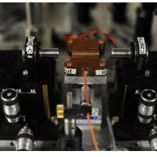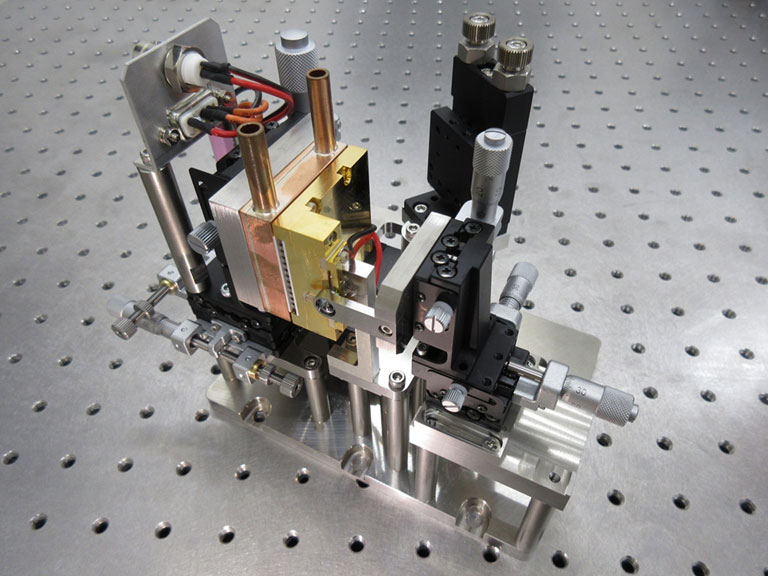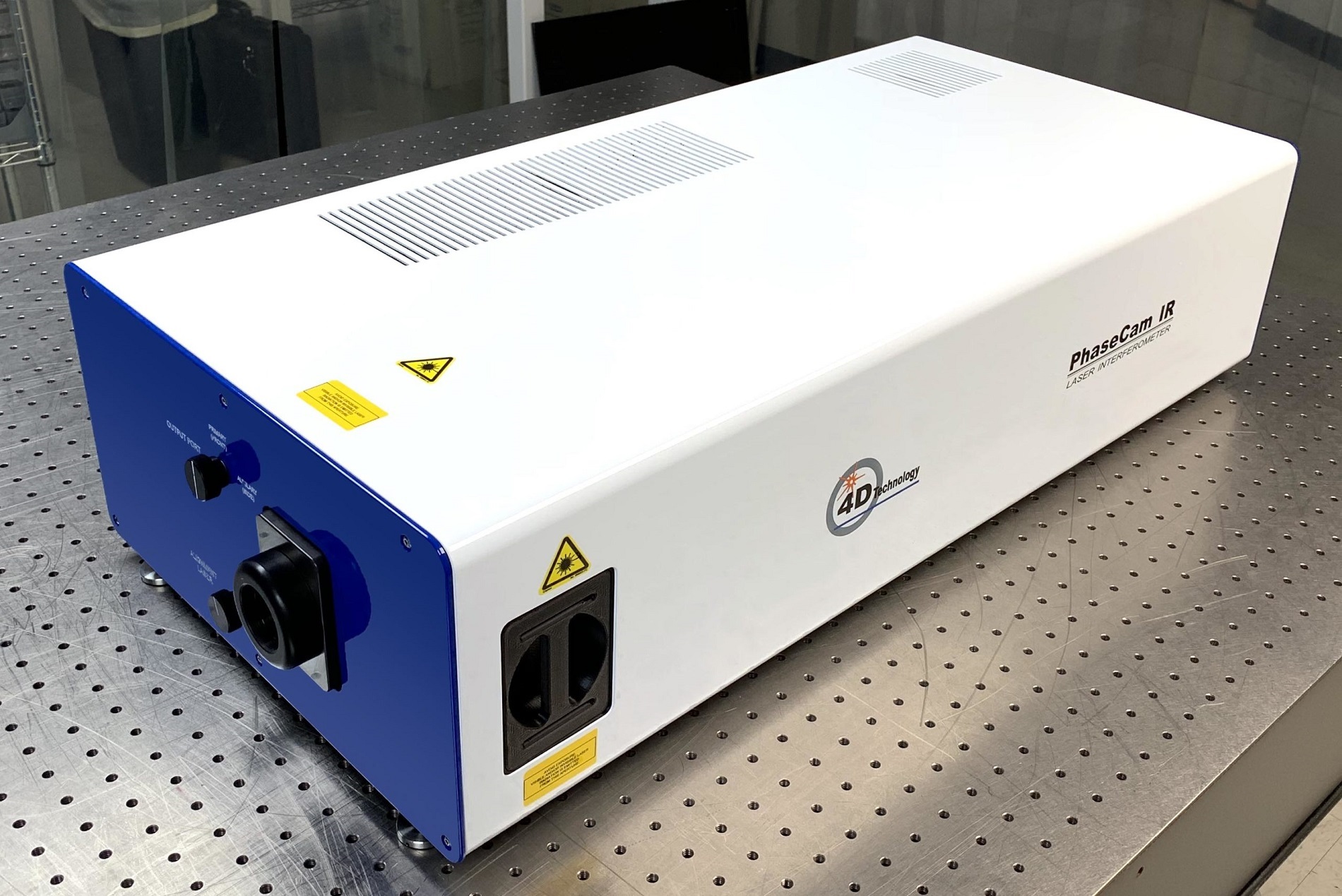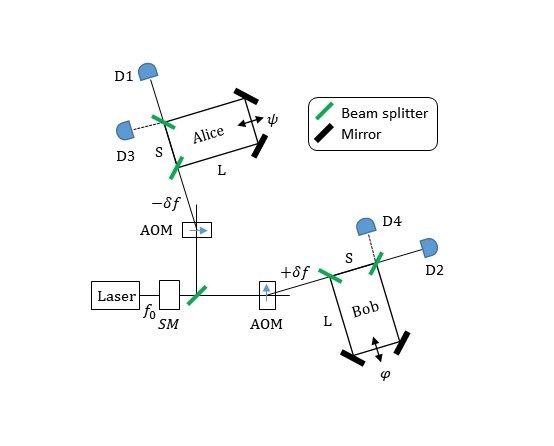March 04, 2014
The Quantum photonics with solids and atoms research group, led by ICREA Prof at ICFO Hugues de Riedmatten, reports on the first demonstration of an ultralow noise solid state integrated photonic quantum interface capable of connecting long lived quantum memories, based on atomic ensembles, to the telecom optical fiber network. The scientific results of this study have been published in Nature Communications.
Quantum memories providing an interface between flying and stationary quantum bits (qubits) represent an essential building block for the realization of quantum information networks. For long distance realizations of these networks, the quantum memories need to be compatible with light traveling with low loss in the optical fibers, that is, using light at telecommunication wavelengths. However, all current efficient quantum memories emit or absorb light in wavelength ranges where the loss in optical fibers in extremely high.
To overcome this problem, a possible strategy consists in translating the frequency of single photons emitted by the quantum memories to telecommunication wavelengths, in an efficient, noise free and coherent way. Therefore, in this study, ICFO researchers showed experimentally that a solid state integrated device can be used to implement such an interface, by converting a single photon emitted by a quantum memory based on laser cooled rubidium atoms, using a non linear waveguide. Thanks to the flexibility of the non linear interaction, the technique could also be applied to other kind of quantum memories.
The research team that participated in this study includes ICFO PhD students Boris Albrecht and Pau Farrera, former ICFO Master student Xavier Fernandez-Gonzalvo, in a current PhD student position at the University of Otago, New Zealand, and Dr. Matteo Cristiani, research fellow at ICFO.
Group led by Prof. Hugues de Riedmatten
Link to paper

Quantum Frequency Conversion for Quantum Memories
A solid state quantum interface linking quantum memories to the telecommunication network in Nature Communications.

Integrated Quantum Frequency Converter for Quantum Memories











